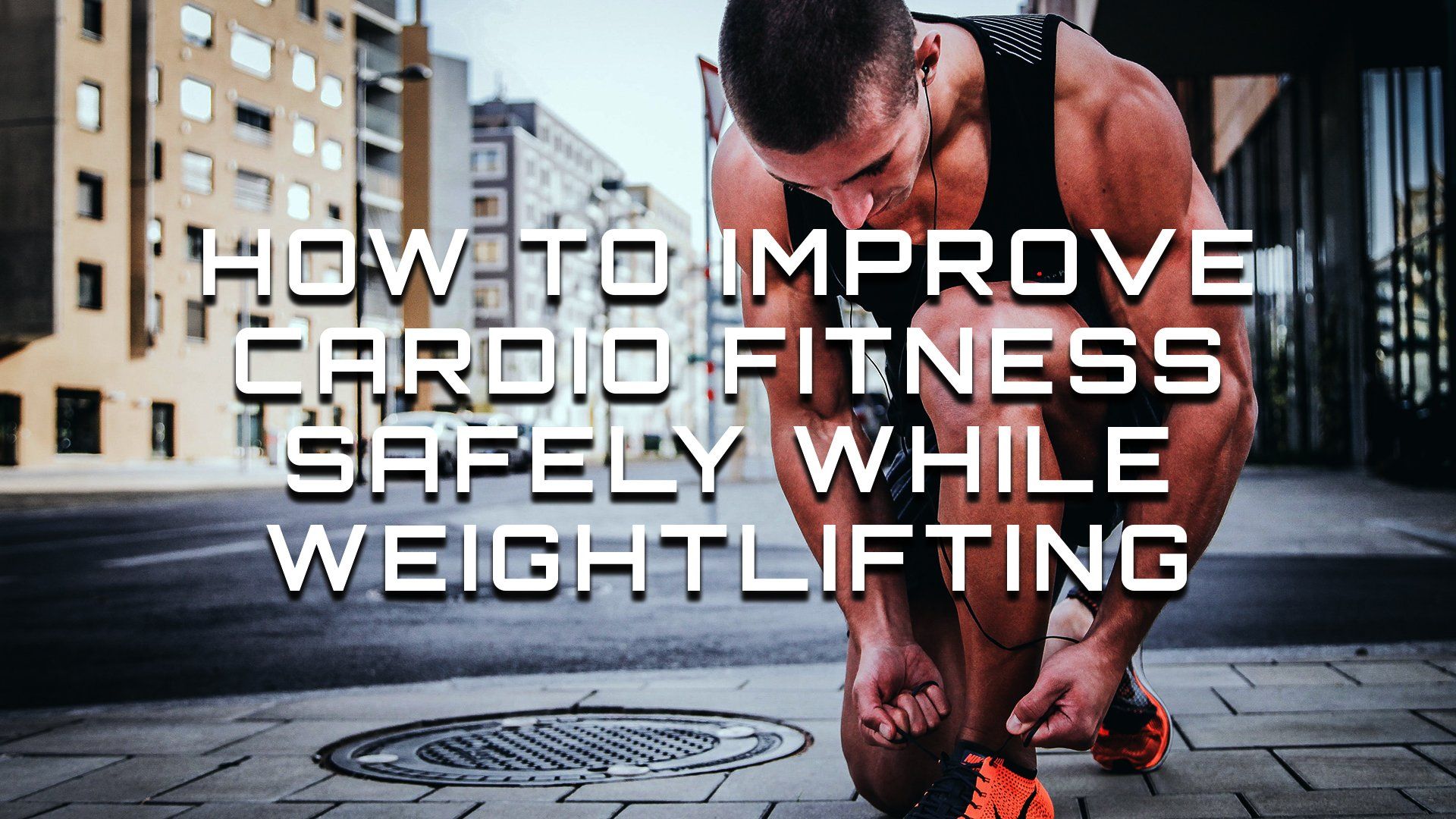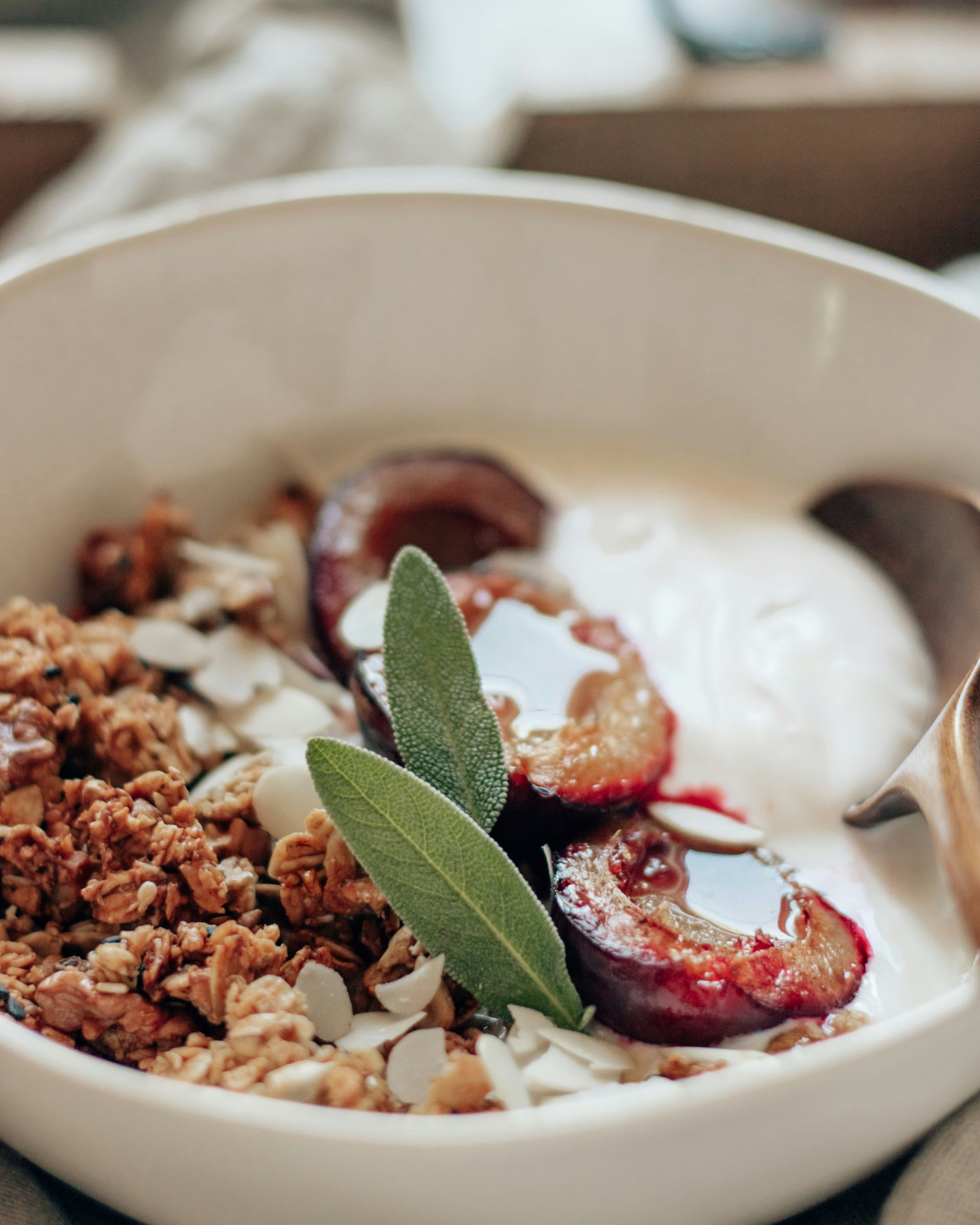
How To Improve Your Cardiovascular Fitness Safely While Weightlifting
The sweat-soaked craze for high-intensity interval training (HIIT) has warped our view of exercise to the point where a gentle jog now seems painfully retro – and not in a cool way.
Steady-state training (LISS) is, to the layman, the act of exercising well below your maximum effort for an extended period; conversely, HIIT involves repeated bursts at 85-90% of your maximum heart rate for a shorter period.
I’m going to tell you that low-intensity endurance exercise is the keystone to human health, building fitness and delivering extra benefits from busting stress to speeding up your post-gym recovery times.
I do not discount HIIT, if your goals are aligned with that of a track athlete then you need to hit those higher heart rates more often for appropriate cardiovascular adaptations.
But in this article, we will focus on an individual who weightlifts four to five times per week, hitting each muscle group twice per week for optimal strength and hypertrophy gains, with a goal to remain fit and healthy at the same time.
Some people are gifted with an ability to lift weights, sit on their asses all day, and somehow remain at a comfortably lean bodyfat%, most of us are not gifted in this way.
Rest is Important
Weightlifting even when done correctly is still taxing on the joints. We have all met that middle-aged guy in a gym who spends half his time going around, correcting form to stop people from wrecking their joints such as himself. That’s because continual wear and tear of the body without adequate rest is unsustainable.
Rest is important. No pain no gain? You can live by that quote a few days here and there, but in the long-term you need to think more about longevity.
70:30 rule
This is my rationale for the 70:30 rule I am about to explain, for improved cardiovascular fitness whilst in conjunction with a weightlifting program, 70% of your activity should be LISS (55-60% Max Heart Rate (MHR)), whilst 30% of your activity is done above the 70% MHR.
To achieve heart rates above 70% you would be running/performing high intensity interval style training. As explained before, the craze behind HIIT for fat loss is rife and although the benefits are incredible for fat-loss, one must understand running/sprinting in general are extremely taxing activities, both on the central nervous system (CNS) and the joints/muscles.
LISS is friendlier on the joints as the impact forces are low, and do not tax your CNS as much. This is why competitive bodybuilders are advocates of steady state cardio.
#ptlondon #personaltrainerinruislip #personaltrainerinpinner #ruislip #pinner #personaltraining #coach #workout #fitness #workoutmotivation #fitnessmotivation #health #gym #core #abs #sports #athlete #evolvegymsouthruislip #athletics #football #tennis #cricket #basketball #golf #gains #plyometrics #flywheeltraining #escapefitness #inertiawave

Start Today!
Ready to transform your fitness journey? Take the first step towards achieving your goals with personal training!
My take on Health and Fitness



